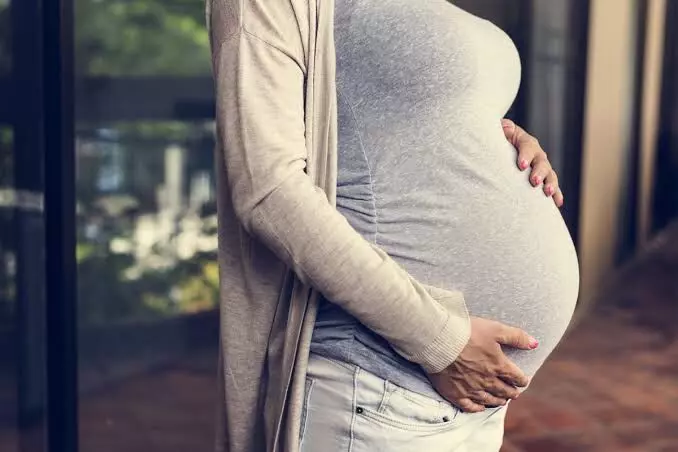Monsoon wellness tips for expecting mothers in India
Monsoon brings several health risks due to Waterborne diseases like typhoid, cholera, and diarrhoea
By Newsmeter Network
Monsoon wellness tips for expecting mothers in India
Hyderabad: The monsoon season brings relief from the summer heat, but it also comes with challenges, especially for pregnant women.
Heavy rains, waterlogging, humidity, and the rise in infections make it important for expectant mothers to take extra precautions. As a gynaecologist, I often see women facing common issues during this time that can be avoided with the right care.
Why is monsoon a risky season for pregnant women?
Monsoon brings several health risks due to:
- Waterborne diseases like typhoid, cholera, and diarrhoea
- Mosquito-borne illnesses like dengue, malaria and chikungunya
- High humidity leading to fungal infections
- Increased risk of slips and falls due to wet surfaces
- Reduced sunlight exposure, affecting Vitamin D levels
All these can affect both the mother and the unborn baby. That’s why monsoon care is not just important—it’s essential.
1. Hygiene is the first line of defence
Pregnancy lowers the body’s immunity slightly, making it easier to catch infections. So, maintaining hygiene is crucial:
- Wash hands frequently – before eating, after using the toilet and after returning home from outside.
- Keep your surroundings clean – especially bathrooms, kitchen counters and floors.
- Avoid street food – it may be tempting, but monsoon is not the time to take that risk.
- Drink only clean, boiled or filtered water – to prevent waterborne infections.
2. Eat fresh, light and home-cooked food
During pregnancy, what you eat plays a big role in your baby’s development. During the monsoon, follow these food tips:
- Avoid raw salads from outside – they may carry bacteria.
- Prefer cooked vegetables and fruits with peels – like bananas, oranges, and apples (after washing well).
- Eat smaller, frequent meals to avoid indigestion.
- Stay hydrated with warm water, soups or herbal teas.
- Avoid oily or spicy food that can worsen acidity or nausea.
Also, ask your doctor before taking any herbal drinks or supplements.
3. Wear comfortable and breathable clothes
Monsoon means sweat, humidity and chances of skin infections.
Pregnant women should:
- Wear loose, cotton clothes to allow airflow.
- Change clothes if wet or sweaty to prevent fungal rashes.
- Avoid tight underwear and use panty liners if needed to keep dry.
- Use mild, unscented powders or antifungal powders in skin folds if prone to sweating.
4. Prevent waterborne and mosquito-borne diseases
Pregnant women must be extra careful during monsoons because diseases like dengue or malaria can cause complications.
- Use mosquito repellents (choose pregnancy-safe ones)
- Wear full-sleeved clothes
- Use mosquito nets at night
- Don’t let water stagnate around your house—clean pots, coolers, and puddles.
- Drink clean water—boil or use a purifier.
If you have fever, body aches or severe fatigue, consult a doctor immediately.
5. Be careful while walking
Wet floors and muddy roads increase the risk of slipping and falling.
Pregnant women should:
- Avoid going out during heavy rain unless necessary.
- Use non-slip footwear with good grip.
- Walk slowly and carefully, especially on wet tiles or stairs.
- Ask for support if needed while moving around outside.
Even a minor fall during pregnancy can be risky—don't take chances.
6. Take care of your mental health
Monsoons often mean staying indoors more. Some women may feel low, anxious or even claustrophobic. It’s important to care for your mental well-being too:
- Stay connected with loved ones
- Listen to calming music, read books, or pursue light hobbies
- Practice light yoga or breathing exercises (under guidance)
- Speak to your doctor if you feel too anxious or low for several days.
7. Get some sunlight (even if it’s less)
Vitamin D is very important for pregnant women—it helps in your baby’s bone development and boosts your immunity.
Dr VH Shruthi (MBBS, MS OBG) is a senior consultant, gynaecologist and obstetrician, laparoscopic surgeon, and infertility specialist. She has a Fellowship in Reproductive Medicine at Gemcare Kamineni Hospitals, Kurnool